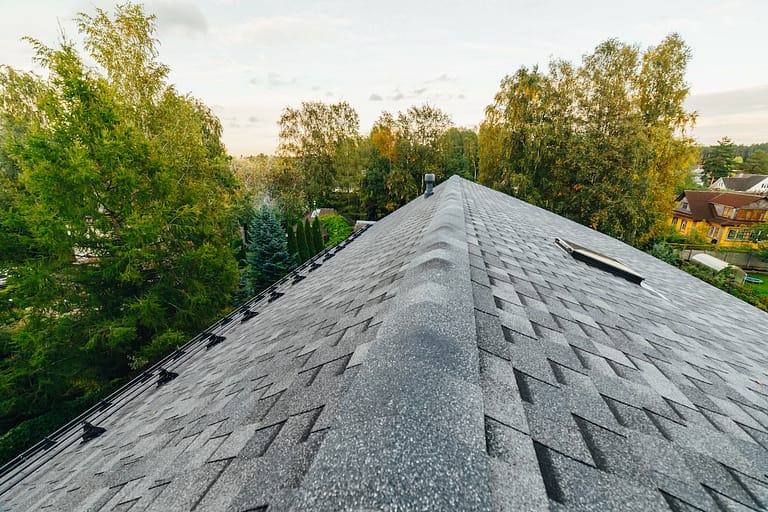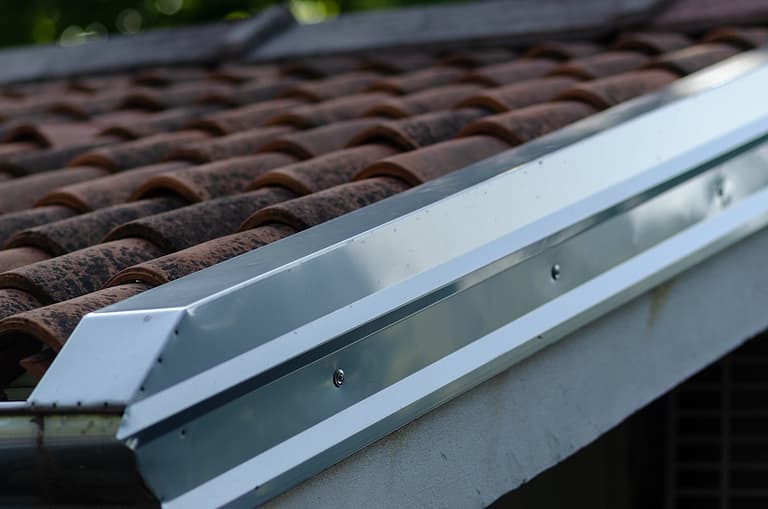The roof is a critical element of your home. It helps protect your home from damage, such as high winds, rain, hail, or snow. Unfortunately, homeowners may face situations where the roof is not doing its job. You may want to look at your roofing warranty and what it covers in these circumstances.
Not all roofing warranties are the same and will vary for numerous reasons. So knowing the different types and what they cover can provide a clear picture when facing issues later.
The Various Roofing Warranty Types
A new roof is a significant investment in your residential or commercial property. Often, a roofing contractor will compete for your business by offering 10, 20, or 50-year warranties.
However, your active roof warranty may not cover everything you think it does. Each type of warranty will have contrasting coverage pertaining to materials, labor, installation, and damage.
The three main types of roofing warranties are:
- Standard manufacturer warranties
- Contractor’s workmanship warranties
- Extended warranty
Standard Manufacturer’s Warranty
The standard warranty is the basic coverage that comes with every new roof installation or repair. This one protects the consumer against any defective materials. The timeline for this warranty will differ with each manufacturer, but you can find them available in 25, 30, or 50-year terms. In addition, a roofing company may provide lifetime warranties for specific conditions.
Common Warranty Conditions
One notable consideration when exploring roofing warranties is the coverage. Many homeowners think their active warranty will take care of anything that happens, but this is not always the case.
Naturally, any time you want to explore claims against a standard roof warranty for factor defects, you must adhere to some preset conditions. If you need to use this warranty for your roof, you will need to:
- Have the manufacturer warranty registered at the time of installation
- Had proper installation methods and materials
- Maintained your roof through the seasons
- Live at the property (for some manufacturer’s specifications)
Alternatively, some homeowners may be under the impression that they can use their manufacturer’s warranty when they have extreme weather damage. Unfortunately, in most instances, these claims will go through the homeowner’s insurance rather than the roofing manufacturer.
Pro-Rated Coverage
If your roofing materials fail due to defects, the manufacturer will cover all or a portion of the replacement costs. This coverage will depend on the age of your roof. Typically, items like shingles are pro-rated after a ten or 15-year period.
For example, if you experience roof failure after seven years, a manufacturer will cover 100% of all material costs. In contrast, if you need replacement materials after 12 years, the coverage amount could be less, declining a percentage each year after the 10th year.
Labor Costs
Another vital aspect of standard roofing warranties is labor costs. Some manufacturers will not cover the time and labor of a contractor to perform any repairs on a roof where their materials failed. This situation can mean that your roofing warranty does not entirely cover all repairs and can cost you money out of pocket.
Ensure you read your standard warranty through and ask your contractor questions about possible scenarios that may occur.
Transferable Standard Warranties
Not all standard roofing warranties are transferable to another owner if you sell your home. Therefore, it is critical you see if the option to transfer the warranty is available, especially if you are considering selling after installing a new roof.
Alternatively, if you are purchasing a new home with a recent roofing system installation, you may not have any workmanship warranty coverage, depending on the roofing contractors and manufacturer’s protection.
Some manufacturers will offer transferable options at an additional cost. It can be worth checking out if you are installing a new roof system on a home or office building that you may not own after a few years.
Contractor’s Workmanship Warranty
Of course, the contractor’s workmanship warranty is one of the more flexible options consumers find with roofing companies. While some contractors offer a 10-year workmanship warranty, others provide longer terms, like a lifetime warranty on installation errors.
A contractor’s warranty will generally cover the labor costs if they incorrectly installed your roof. In some cases, it could also include any damage your home sustained due to the roof’s shortfalls. However, it may not always cover the roofing materials, depending on the workmanship warranty you have active.
You must examine your contractor’s workmanship warranty closely when installing a complete roof system or having a roof replacement. Some contractors will not honor their installation warranty if:
- You did not maintain your roof regularly
- You had someone else do repairs
- You did repairs yourself
Often the standard manufacturer’s warranty will coincide with the contractor’s guarantee. However, they may not last for the same terms, which can cause confusion on any repair costs that come with a warranty claim.
Extended Warranty
An extended warranty can give homeowners peace of mind when they spend money on a new roof installation. While some manufacturers provide options for most extended warranties, others use a third-party company that handles any claims after the standard warranty expires.
One stipulation of extended warranties is that an approved contractor must do the work. However, this restriction may pose problems in having the repair work completed in a timely manner if you reside in a region that doesn’t have one local to you.
Many factors can void an enhanced warranty, much like the standard options. Therefore, you must follow the guidelines on maintaining your roof regularly and reading the fine print to know what you can and cannot do.
In Conclusion
A standard roofing warranty will often include the costs of any defective materials. However, there can be extenuating circumstances where it may also cover labor or other household damage. In addition, each manufacturer will provide a unique product warranty, so reading the fine print is vital to know how you are protected.
Although a standard manufacturer’s warranty is helpful, some homeowners opt to add an extended warranty or choose a roofing contractor with a lifetime warranty. This additional coverage will begin after your standard warranty expires and will have its own conditions. It is up to you as the consumer to explore what is available for your roofing warranty before agreeing to a new roofing project installation.







